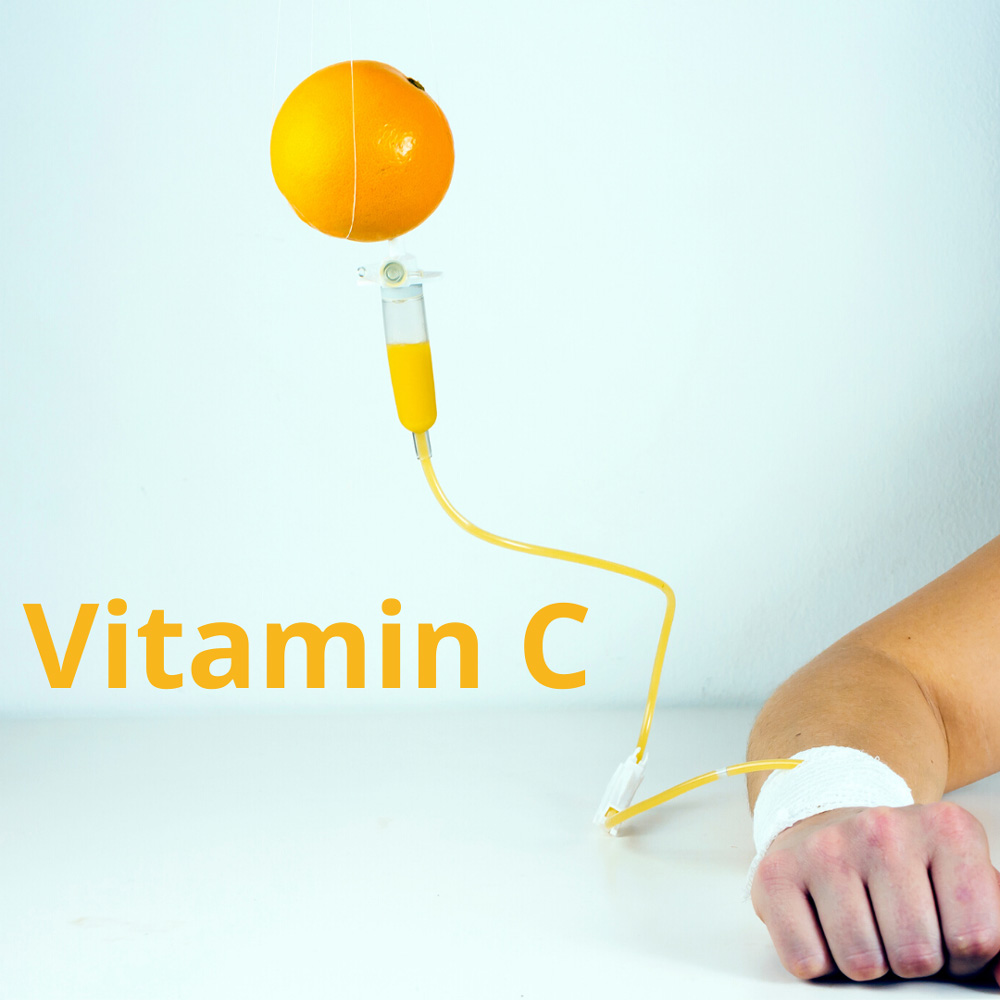Vitamin C, particularly IV (intravenous) Vitamin C, is receiving a lot of attention amid the current COVID-19 pandemic. We have received many questions from patients regarding its use around COVID-19 infection. Here is some evidence-based information regarding questions about the supplementation of vitamin C, how it affects immune system function, and how IV vitamin C could be beneficial to patients with COVID-19.
What does Vitamin C do for our Immune System?
- It protects key immune cells, like lymphocytes, which are great at protecting against foreign invaders.
- Vitamin C helps produce white blood cells such as neutrophils, lymphocytes and phagocytes. These white blood cells can be thought of as part of your body’s “army” that go to “war” to eradicate potential foreign invaders, such as a viruses, that enter your body.
- Vitamin C helps protect white blood cells in the immune system. Or, in other words, vitamin C can be thought of as “armor” to protect your body’s “army.”
When should I supplement Vitamin C, and how much should I take?
- While Vitamin C will not prevent you from getting sick, it has been shown to reduce the duration and severity of symptoms when you do get sick. This is why you should be supplementing NOW, before you get sick, if you are interested in reaping the benefits vitamin C has to offer.
- In adults, 200 mg/day was found to reduce the duration of colds.
- In children, 1,000-2,000 mg/day was found to reduce duration and severity of colds.
What about IV Vitamin C (IVC)?
- The AANP (American Association of Naturopathic Physicians) has recently released a statement regarding the use of IVC to combat the COVID-19 pandemic stating, “ After reviewing the dosing, guidelines, and experiences of the hospitals in China, the evidence shows that the use of IVC in hospitalized COVID-19 patients has a high probability of reducing hospital stay duration and improving outcomes.”
- IVC is NOT the same as oral vitamin C supplementation, it acts differently in the body.
- In one study, IVC, along with the use of corticosteroids, and thiamine, was effective in preventing progressive organ dysfunction in patients with severe sepsis.
- Another study found that IVC may reduce the duration of time a critically ill patient requires mechanical ventilation.

